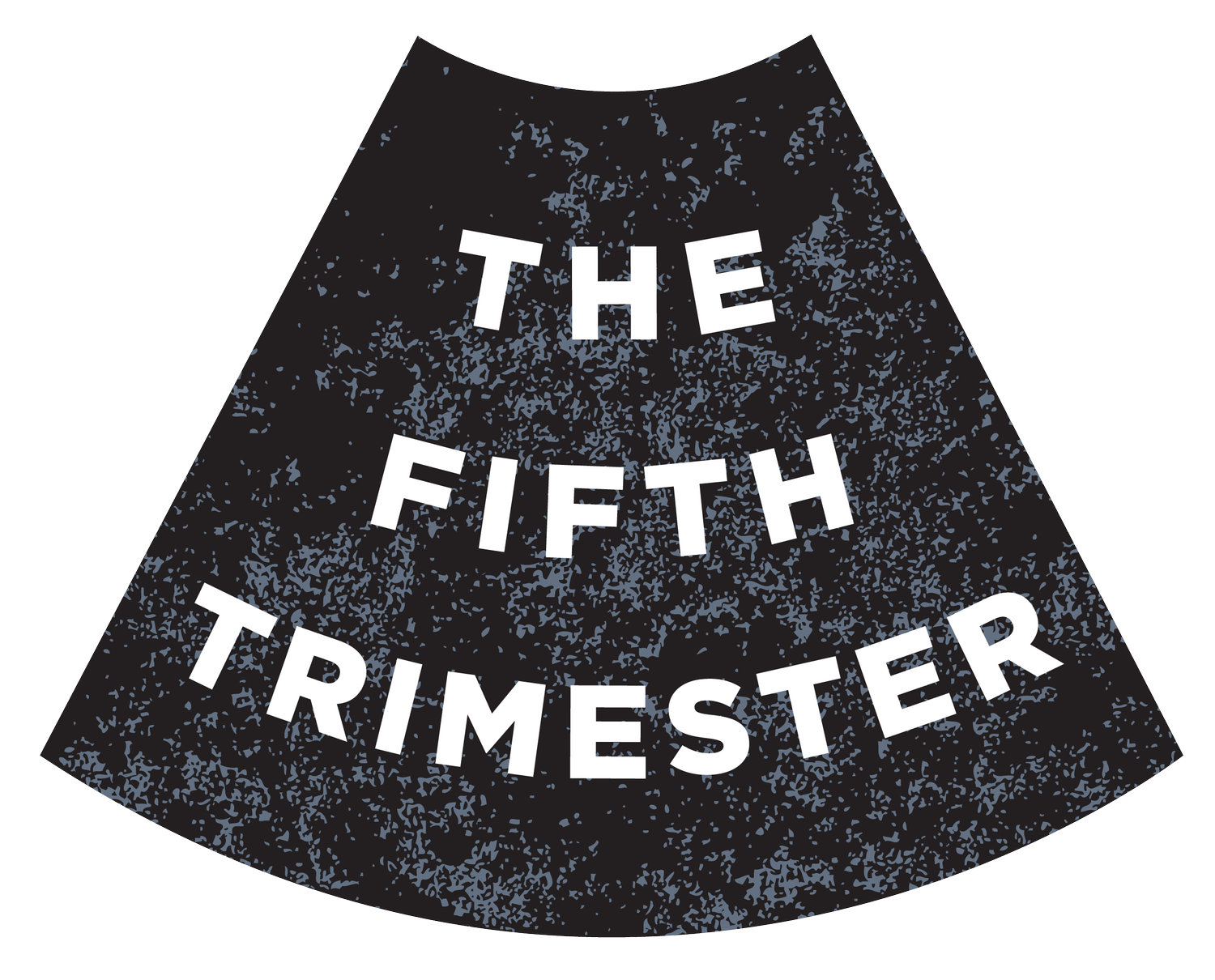Photo credit: Puno3000 via Visualhunt.com / CC BY-NC-ND
I think we've found one way we actually don't want America to catch up with the rest of the world. Yesterday, a province near Shanghai began offering women days off of work specifically for menstrual cramps. When I first read that, I assumed that this particular Google alert was just a wacky random little factoid that somehow had gotten trapped in the search engine colander. But nope. Turns out paid menstrual leave is available in several Asian countries, including Japan, South Korea, Indonesia, and Taiwan.
Lena D. in designer Rachel Antonoff's Madame Ovary sweater
First thought: Okay, it's nice to remove the stigma of period pain, which can be challenging to work through.
Second thought: But why not just call it a sick day?
Lena Dunham, bless her fearlessness, has become an outspoken poster child for a major culprit of period pain, endometriosis, which affects up to 1 in 10 women during their reproductive years and can cause infertility. That's heroic. We should applaud anyone who helps galvanize society to seek out understanding, awareness, and research about a debilitating illness.
But for perspective, here's a quick list of other things that affect 10% (or more) of the population:
- Migraines
- Anxiety disorders
- Irritable Bowel Disease
Should any of these conditions receive their own specifically branded paid leave? No way. If you have a migraine or ungodly cramps, you should be able to take a paid sick day—or even disability if you need it. But in practice, just like with paid parental leave, these kind of benefits come down to culture, an understanding that we are humans who work, not workers who happen to be human.
Reproductive-age working women do not need a fetishization of our periods as something we cannot handle. We need—just like men need—businesses that are set-up to accommodate these very human moments: sickness, childbirth, infancy, eldercare. All that stuff is in the same bucket, a bucket that everyone dips into at some point. As soon as we can see the similarities of our needs—rather than our differences—we'll all truly benefit from our benefits.


